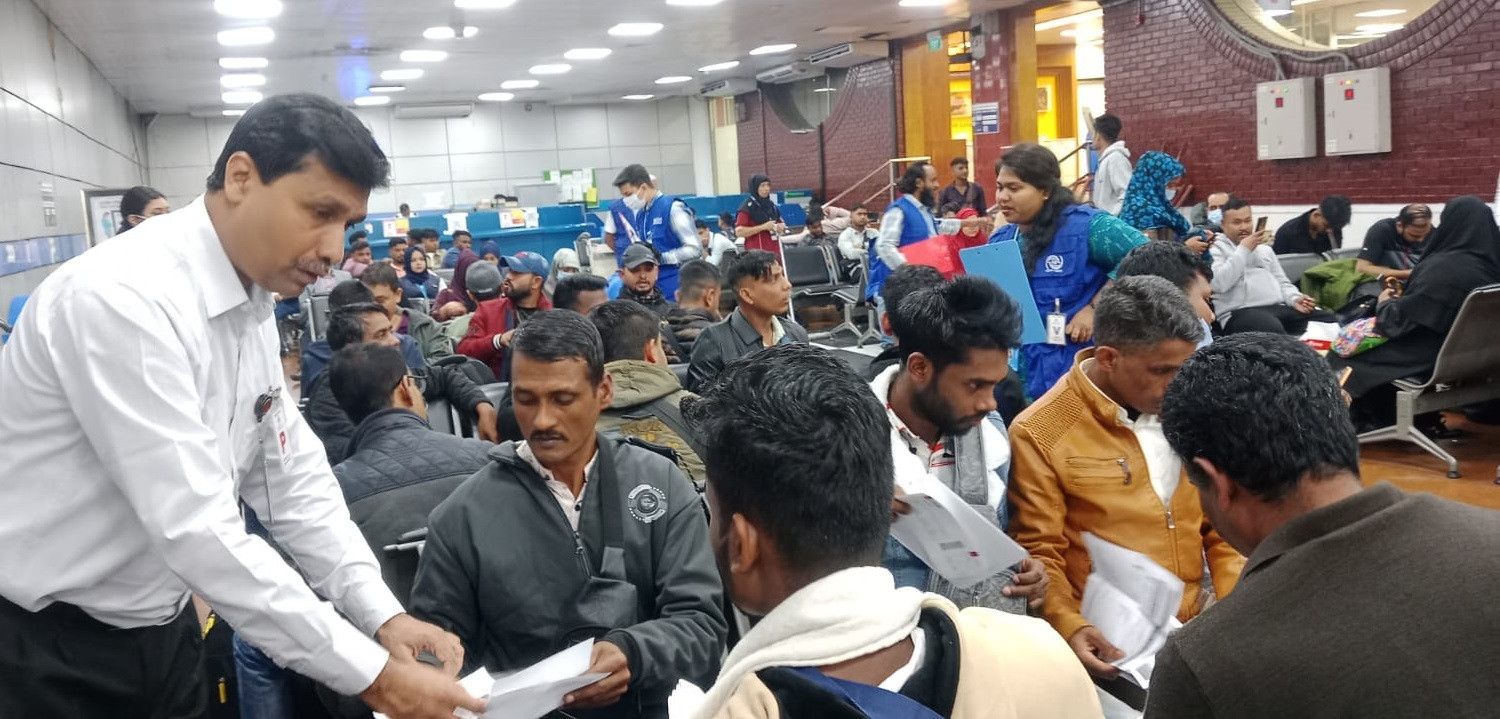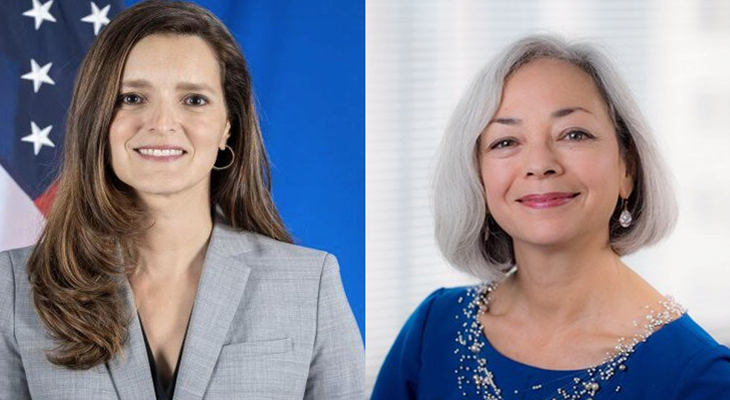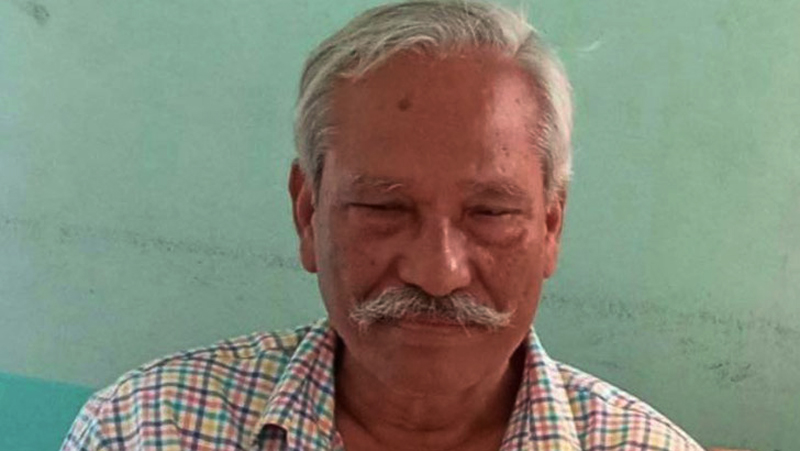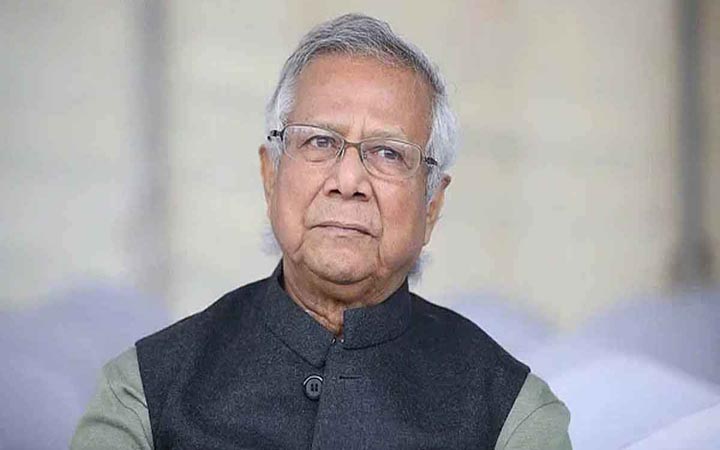A water crisis, triggered by frequent power cuts, has hit people in the capital Dhaka hard as the Dhaka Water Supply and Sewerage Authority is struggling to maintain an adequate supply.
Residents of Mohakhali, Mirpur, Gulshan, Badda Link Road and Jatrabari, reported acute water crisis in the past few days, which they said multiplied their sufferings amid the crippling power crisis.
They said that they had been facing problems in bringing water into the tank using motors due to four-to-five-hour power cuts daily.
Dhaka WASA managing director Taqsem A Khan acknowledged the crisis but said that the problem persisted only in some pockets and the overall water supply remained good.
‘If we face one-hour load-shedding, our pumps need three hours to get back to pressure,’ he said, adding that some pumps became dysfunctional, triggering water supply shortages in some pockets of the city.
Taqsem said that they were trying to address the issues at the soonest possible time after receiving complaints from residents.
People living in the Mohakhali areas said that they had been suffering from an acute water crisis in the past few months and that their sufferings had intensified due to the frequent power cuts in the past 15 days.
Md Momen, a resident at Ga Block at Mohakhali opposite the Government Titumir College, said that they were facing a crisis long before the start of the recent power crisis due to the negligence of Dhaka WASA.
‘We have been suffering from an acute water crisis for the past five months. We went to the Dhaka WASA zone office several times, but the problem was yet to be solved,’ he said.
He said that their problem was aggravated after the start of the recent power crisis, which saw power cuts four to five times almost every day in most areas of the city.
Whatever the little water they receive, they cannot take it to the tank by using the motor, he said.
Rubina Akther, a housewife in the Mohakhali area, said that she had to struggle a lot to manage her household work due to the water crisis.
‘I have to collect water from a nearby tube well for drinking, clothing, and household work. We have been suffering from the water crisis for the past 15 days,’ she said.
Saiful Islam, a resident at Mirpur-11, adjacent to Nannu Market, said on Thursday that they had not received any water for the past 14 days. We suffered a lot. I, along with my family, came to my village at Munshiganj to get relief,’ Saiful said over the phone.
He said that he had to go to relatives’ houses for bathing and sometimes took baths at his factory.
Residents on the Gulshan Badda Link Road reported receiving water only once at night in the past 10 days.
‘We have to collect water in pots at night for taking baths in the morning before we go to the office,’ said Mahmud Abir.
He also said that the power cuts and water crisis made life miserable.
Mizanur Rahaman, a resident of Jatrabari, said that they had been facing a water crisis for the past seven days.
He also said that they receive water once at a designated time and often it is not drinkable even after boiling.
People living in Lalbagh’s Posta on Saturday were found collecting water from a tube well in the area.
Dhaka WASA director (technical) AKM Shahid Uddin told New Age that they had more production capacity than demand, but they could not produce water due to power cuts.
‘We are facing a power cut related problem in supplying water for a week. We are trying to solve the problem by using a generator, but it also requires diesel,’ he added.
He accused the people of being impatient, saying that if they did not receive water for one hour, they would take to the streets.
The government on July 19 began area-based power cuts across the country.
Asked about the five-month-long water crisis in Mohakhali, Dhaka WASA managing director Taqsem said, ‘How can a person remain alive for five months without receiving water? If they take water from a deep tube well, it is also provided by Dhaka WASA.’
Against the backdrop of the water crisis, Dhaka WASA, in a letter on August 4, sent a proposal to the Local Government Division to increase the residential tariff by 25.16 per cent to Tk 19 from Tk 15.18 for one unit (1,000 litres).
A proposal was also made to raise the commercial price per unit by 19 per cent to Tk 50 from Tk 42.
The Dhaka WASA can increase the water tariffs yearly by five per cent in consultation with the government as per the Dhaka Water Supply and Sewerage Authority Act, 1996.
Replying to a question about giving a proposal to the local government division for increasing water tariff, Taqsem said, ‘We have given the letter as a follow-up. There have been talks about increasing the tariff since April.’










